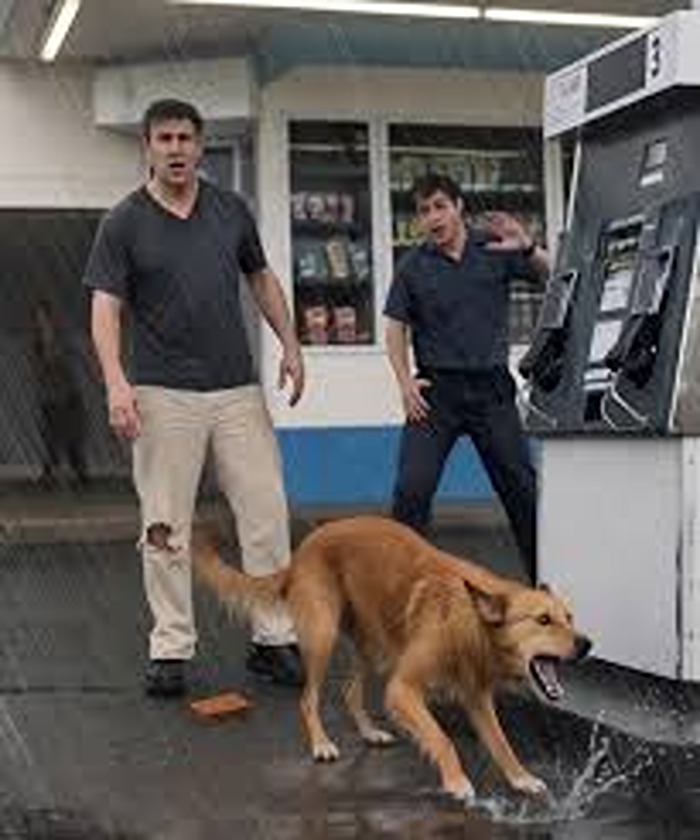This Is SAD… What Really Happened To DeRay Davis 😢 | HO!!!!
This Is SAD… What Really Happened To DeRay Davis 😢 | HO!!!!
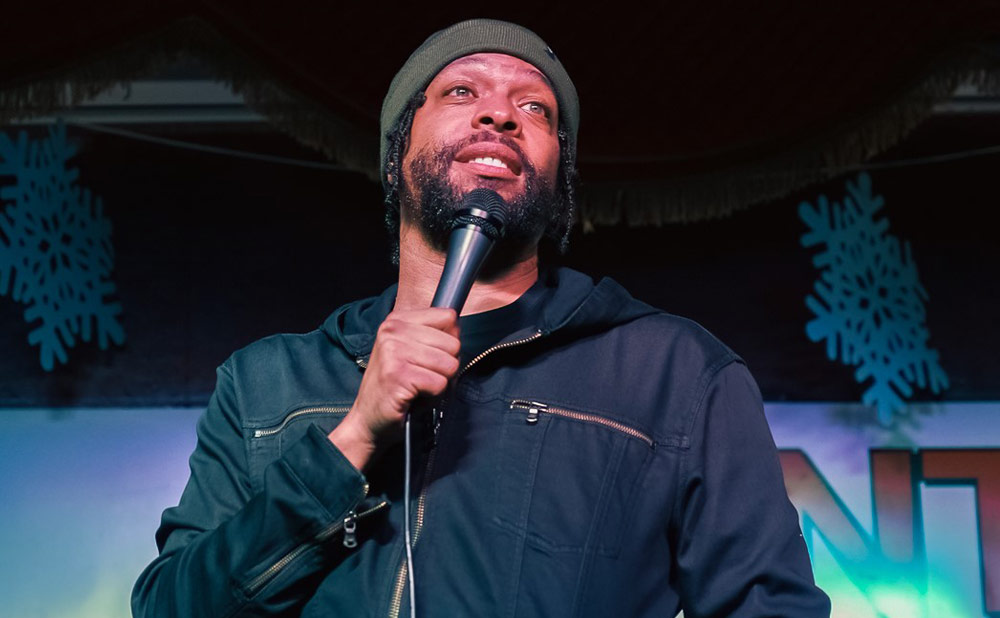
By 2025, the name DeRay Davis means more than comedy. It means survival, reinvention, and controversy — all wrapped in one wild Hollywood journey that could only belong to him. From the tough streets of Southside Chicago to the bright lights of Los Angeles, Davis’s rise has been as unpredictable as it’s been inspiring. But behind the laughter, fame, and viral headlines lies a man who’s faced rejection, judgment, and personal reinvention — and still refuses to apologize for living life his way.
From Southside Struggle to Comedy Spotlight
Born Antoine DeRay Davis on February 26, 1982, in Chicago, Illinois, Davis grew up in a single-parent household in one of the city’s toughest neighborhoods. Survival wasn’t guaranteed; humor became his defense mechanism. “Comedy was like armor,” he once said, reflecting on how making people laugh kept him out of trouble — and sometimes, out of harm’s way.
That sharp wit and quick mouth found a home onstage in Chicago’s comedy clubs. Davis had never even seen stand-up live before walking into a local club one night, but the experience changed his life. Within months, he was captivating crowds with his raw, streetwise humor — a voice that blended hustler swagger with genuine heart.
In 2003, Davis made history when he won the Comedy Central Laugh Riots competition — just six months after starting stand-up. “Nobody else from Chicago did comedy six months and won Laugh Riots,” he bragged years later, not out of arrogance, but disbelief. It was his ticket to Hollywood.
The Kanye Connection
Before the world knew Kanye West as a global superstar, he was a regular at Chicago’s creative circles — the same ones Davis was working in. Their paths crossed when both were hustling to break out of the city’s underground scene. The friendship led to one of the most unexpected collaborations in pop culture.
Davis’s voice appears on Kanye’s classic albums The College Dropout and Late Registration, performing comedic skits that became instantly iconic. “Those skits weren’t just jokes,” Davis said in an interview. “They were cultural moments.”
While other comics were begging for TV time, Davis was etching his name into hip-hop history — literally woven into the soundtrack of a generation.
The Hustler in the Barbershop
Hollywood took notice. Davis’s breakout film role came as Ray the Hustle Guy in the 2002 hit Barbershop. The fast-talking street vendor selling bootleg DVDs and fake merchandise was instantly familiar to audiences — especially those from neighborhoods like the one Davis grew up in.
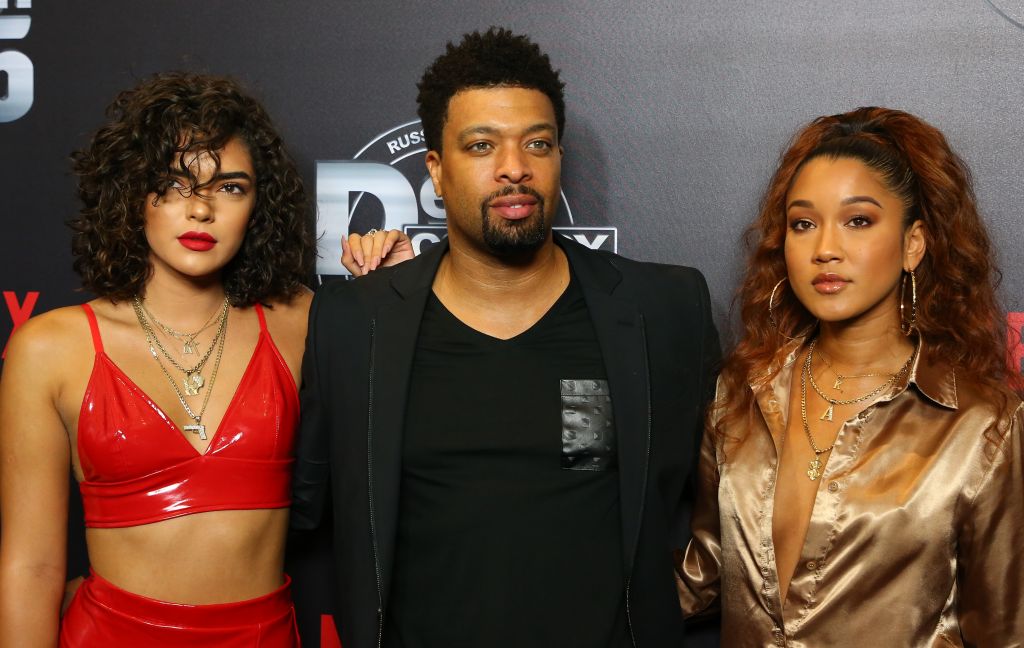
He wasn’t acting. He was channeling a thousand Southside hustlers he’d seen growing up — men who survived with charm, hustle, and nerve. “It felt like comedy,” Davis said of the role. “Didn’t feel like acting.”
The Barbershop films gave Davis something every comedian craves: cultural authenticity. He wasn’t just another funny guy on screen — he was representing real life, real people, and a real voice from the streets.
Breaking into Hollywood
After Barbershop, Davis’s career exploded. He landed roles in Semi-Pro alongside Will Ferrell and 21 Jump Street with Jonah Hill and Channing Tatum. Each film proved his versatility. From absurd slapstick to modern, fast-paced humor, Davis could adapt to any style — without losing his raw edge.
He later joined the hit TV series Empire, playing Taraji P. Henson’s ruthless cousin and enforcer. The role of “Jermel” showcased another side of Davis — darker, more intense, but still undeniably charismatic. For many, it was the first time they saw how deep his acting range went.
From Comedy to Game Show Stardom
Hosting came next. Davis became the host of VH1’s Hip Hop Squares, a remix of the classic Hollywood Squares game show — but with rappers, comedians, and influencers. The format was wild, unpredictable, and perfect for Davis’s quick tongue.
“It’s tic-tac-toe with attitude,” he joked in one episode. But behind the laughter was strategic brilliance. The show connected hip-hop and comedy in a way no one else had, and Davis was the perfect bridge between those worlds. Week after week, he commanded the stage, keeping celebrities and audiences laughing while controlling the chaos.
Building His Own Lane
By the 2010s, Davis was more than a supporting act. His stand-up specials, including Power Play (2010) and How to Act Black (2017), cemented his reputation as a powerhouse performer. The latter, still streaming on Amazon Prime, Peacock, and Tubi, became a cult hit. It was funny, fearless, and deeply introspective.
“Acting black,” he joked, “is coming home knowing your woman mad, so you act mad too.” The line got laughs — but it also said something about code-switching, survival, and authenticity in a world that demands performance from Black men both on and off stage.
Love Without Apology
And then came the part of his life that made headlines for all the wrong reasons — his polyamorous relationship. Davis went public about dating two women — Koko and Caro — at the same time. He didn’t hide it. He put it on TV.
On the reality series Living With Funny, Davis opened the doors to his unconventional home life, turning what most celebrities would hide into a statement about honesty. “I’ve been with one for five years, the other for two and a half,” he said on camera. “They’re both comfortable because I’m open. Most men got two girlfriends anyway. They just don’t say it.”
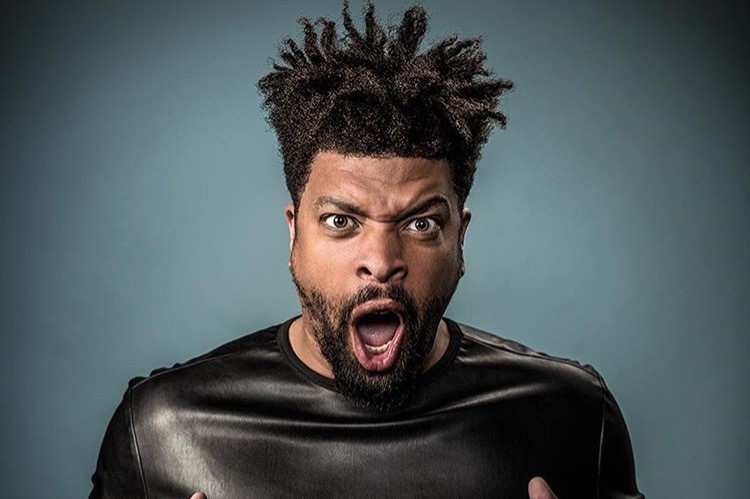
Social media lit up with opinions. Some called it gross. Others called it progressive. Davis called it real life. “As long as they’re comfortable, you make it work by paying the bills,” he said with a grin.
Critics accused him of chasing publicity. Supporters said he was living authentically. Either way, everyone was talking about DeRay Davis — and in entertainment, that means staying relevant.
Fatherhood and Legacy
Behind the humor and headlines, Davis is a devoted father to his daughter Brooklyn, whom he affectionately calls “99.” He often mentions her in interviews, using fatherhood as both inspiration and grounding. “Every comedian talks about being a parent differently,” he once said. “For me, it’s about balance. Being raw on stage, but real at home.”
It’s that duality — the street hustler turned Hollywood host, the jokester turned father — that makes Davis’s story both complicated and compelling.
The Price of Authenticity
By 2025, Davis’s net worth is estimated around $1.5 million. Modest by Hollywood standards, but hard-earned. Every dollar came from years of grind: comedy tours, film roles, hosting gigs, and endless travel. He’s built an empire not through viral fame, but persistence.
Still, authenticity has a price. His openness about love, money, and mistakes made him a target for judgment — especially in an era where social media rewards perfection. But Davis never apologized for being himself. “People going to talk,” he once said. “But I’d rather they talk about the truth.”
His honesty became his brand. His career may not have followed a straight line, but it’s proof that staying real — even when uncomfortable — has its rewards.
Where Is DeRay Davis Now?
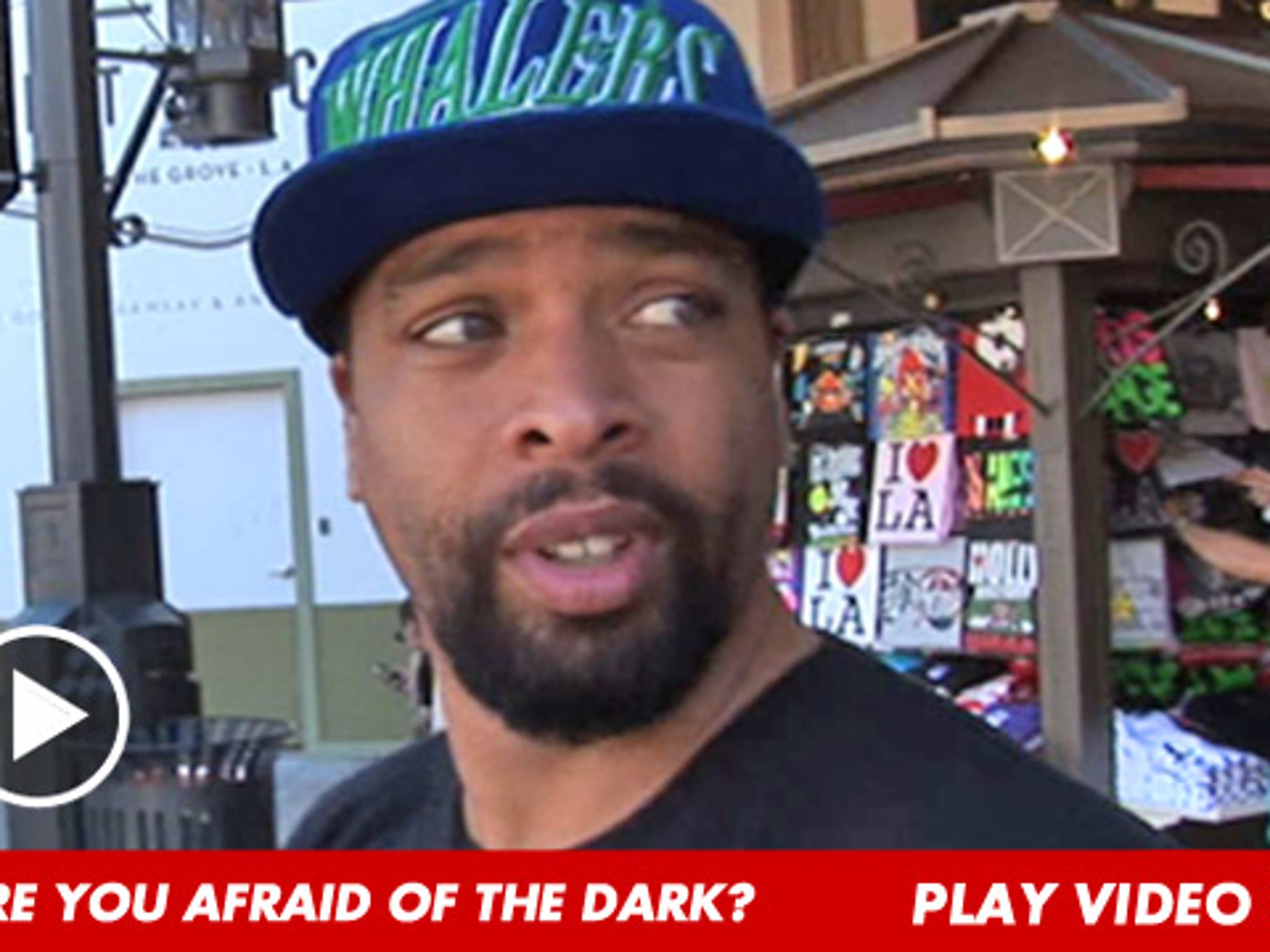
At 43, Davis is still performing, still selling out shows, still evolving. His comedy has matured — less about shock value, more about reflection. On stage, he jokes about fatherhood, fame, and how weird it feels to be “the veteran now.” He’s not chasing trends; he’s perfecting his craft.
As for his personal life, things are quieter. The “throuple” may have ended, or maybe it just went private. Either way, Davis keeps certain things sacred — especially for the sake of his daughter.
The Realest Hustle in Hollywood
So, what really happened to DeRay Davis?
He didn’t disappear. He didn’t fall off. He simply grew up — on his own terms.
The kid from Chicago who sold jokes like street deals turned that same hustle into Hollywood gold. He became a voice that crossed music, film, and television. And through all the chaos, controversy, and change, he never stopped laughing.
Because for DeRay Davis, comedy isn’t just a career — it’s survival. And in a business built on illusions, he remains one of the few still telling the truth.




